-
Venom Helped Create Weight-Loss Drugs. What Else Could It Do For Us?
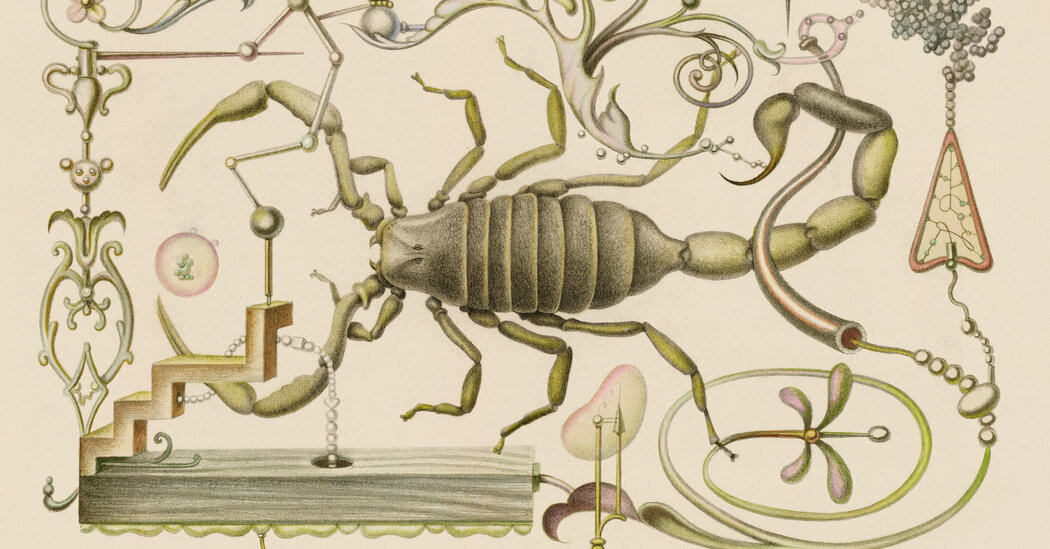
There are two opposite paths to achievement in science. The first is straightforward: Identify a problem and set about solving it. The second is rather unscientific-sounding and perhaps more faith-based: Study in obscurity and hope serendipity strikes. In 1980, a young gastroenterologist named Jean-Pierre Raufman wound up taking the latter road through the digestive-diseases branch…
-
Kering among first to adopt SBTN’s science-based nature targets
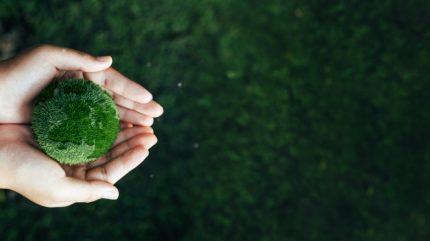
Kering is one of the first to move forward with publicly disclosing and adopting science-based nature targets. Credit: Shutterstock. SBTN described Kering’s adoption as a significant milestone in advancing ambitious and measurable corporate action on nature and more specifically freshwater and land. While global biopharma company GSK and building materials and solutions company Holcim have…
-
Behind the graduate mental health crisis in science
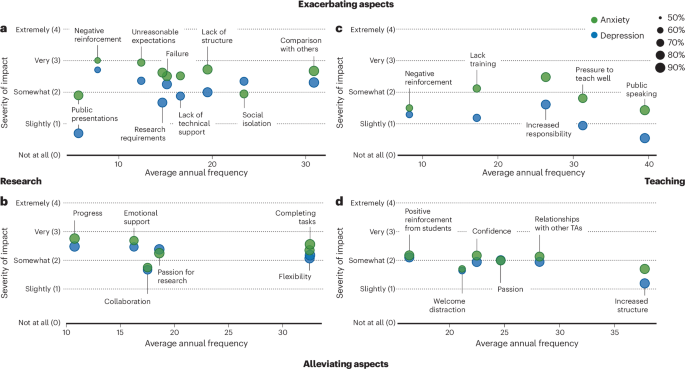
Survey results identify how scientific research and teaching contribute to the graduate student mental health crisis. Download PDF In 2018, researchers declared a “graduate student mental health crisis” after finding that master’s and PhD students were significantly more likely to report anxiety and depression compared to their peers in the general population1. The crisis garnered…
-
14 dramatic moments from the 2024 Nature’s Best Photo Awards
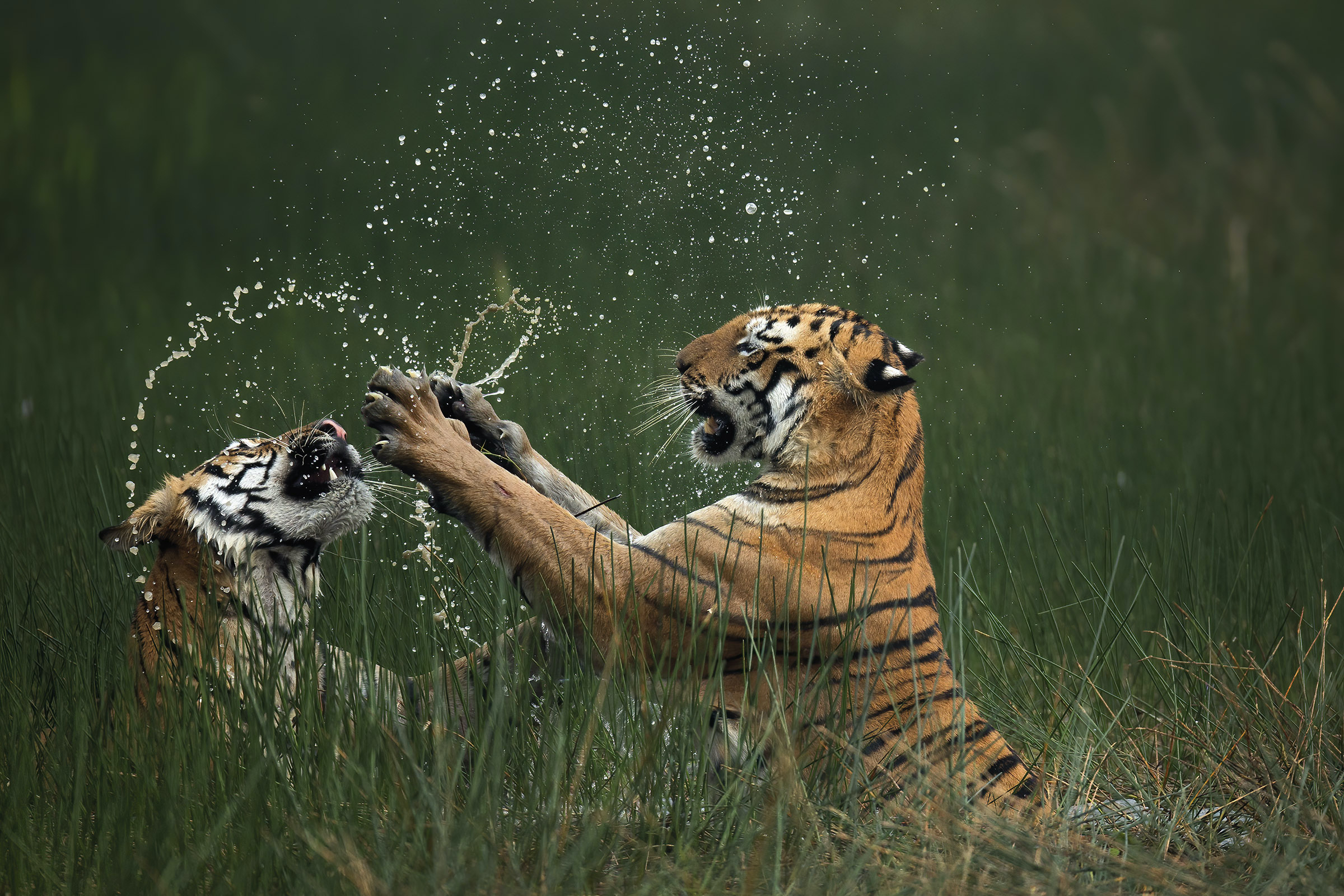
Share A mother will teach her children many things. This is no different in nature. In the Grand Prize shot (seen below) from the 2024 Nature’s Best Photography International Awards, a mother tiger shares a lesson on battle with her cub. Photographer Mangesh Ratnakar Desai captured the incredible image, describing the moment as “a masterclass…
-
The science behind how Nature can heal us, and how it’s easier than you think, with Professor Miles Richardson

Laurence Llewelyn-Bowen: Changing rooms, mixing leather and velvet, and the joy of growing old disgracefully ‘We talk about life’s big questions with people who probably thought they were just coming in to discuss the redecoration of their house’: Nicole Salvesen and Mary Graham on the Country Life Podcast Epic beauty, sweeping grandeur and water pouring…
-
‘Women in the Valley of Kings’ named one of the best science books by Nature

Dr. Kathleen Sheppard’s newest book, Women in the Valley of the Kings: The Untold Story of Women Egyptologists in the Gilded Age, was recently reviewed in Nature as one of its five best science book picks. The book, published in July 2024, is a historical non-fiction work that covers some of the earliest European women…
-
Looking at Nature Speeds Up Healing: Biologist Kathy Willis Explains the Science

In recent years, the health benefits of immersing oneself in nature have become a topic of growing scientific interest. Biologist Kathy Willis, a professor of biodiversity at the University of Oxford, explores these benefits in her new book Good Nature, providing evidence that observing and experiencing nature can play a crucial role in the healing…
-
Science and Hinduism share the vision of a quest for truth
Hinduism seeks to provide insight into the nature of the universe and is not antithetical to science. Rohitash Chandra explains why he sees value in bringing together science and spirituality in the quest for knowledge. This is a preview of subscription content, access via your institution Access options Access through your institution Change institution Buy…
-
AI protein-prediction tool AlphaFold3 is now open source
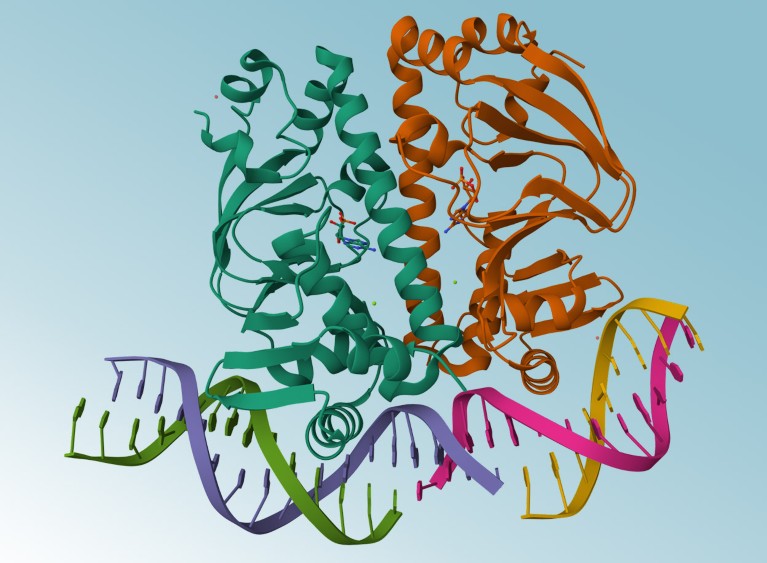
AlphaFold3 can predict the structures of proteins as they interact with DNA.Credit: Werel et al./American Society for Microbiology, Mol*, RCSB PDB AlphaFold3 is open at last. Six months after Google DeepMind controversially withheld code from a paper describing the protein-structure prediction model, scientists can now download the software code and use the artificial intelligence (AI)…
-
‘A direct relationship between your sense of sight and recovery rate’: Biologist Kathy Willis on why looking at nature can speed up healing
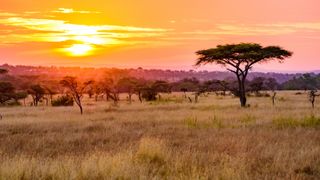
The practice of forest bathing is a mindful, meditative experience where we allow our senses to become attuned to nature by spending time walking through woodlands. Numerous studies have shown that immersing ourselves in the natural world in this way can have significant health benefits, but could we ever bring this practice to a clinical…